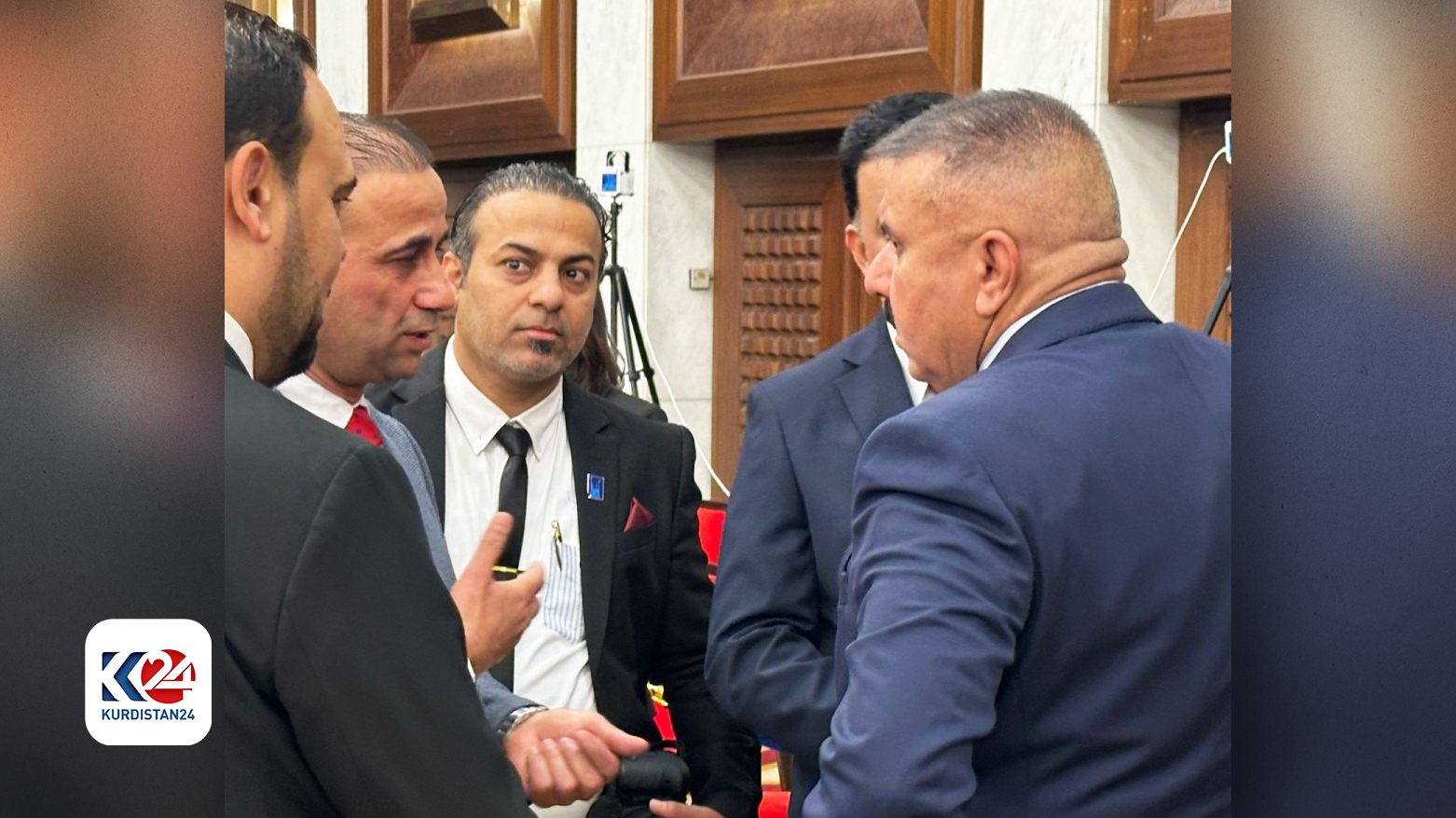Electoral commission did not allow Iraq interior minister to vote

ERBIL (Kurdistan24) – The Iraqi electoral commission officers in Baghdad did not allow the Iraqi Minister of Interior Abdul Amir al-Shammari to vote in a general provincial election that began on early Monday as his turn to vote was on Saturday’s early voting period, according to media reports.
The minister who sought to vote at Baghdad’s Al Rasheed Hotel, where politicians and other senior officials vote during elections, was refused to cast his ballot, as he is considered a member of the security forces who had to vote on Saturday, Shafaq News reported first.
Kurdistan24 attempted to speak to the Iraqi Independent High Electoral Commission (IHEC) officials about the reason behind the refusal, but they were not available.
Members of the security forces and the internally displaced persons (IDPs) went to the polls on Saturday in the early voting period. The turnout was 67 percent, according to the electoral commission.
Over 16 million Iraqis across 15 provinces are eligible to participate in the 2023 provincial elections. The election is the first of its kind in a decade. The last provincial election was held on April 20, 2013. In the case of Kirkuk, the oil-rich province conducted its last provincial election in 2005.
A few million voters are not able to vote as they have not renewed their voter registration card which makes them eligible to vote in the election.
Thousands of candidates, as part of 68 parties, coalitions, and alliances, are vying for 275 seats at the provincial councils with an additional 10 more seats for minorities.
The United Nations Assistance Mission for Iraq (UNAMI) does not monitor the elections, as the Iraqi government did not request the UN to supervise the polls.
